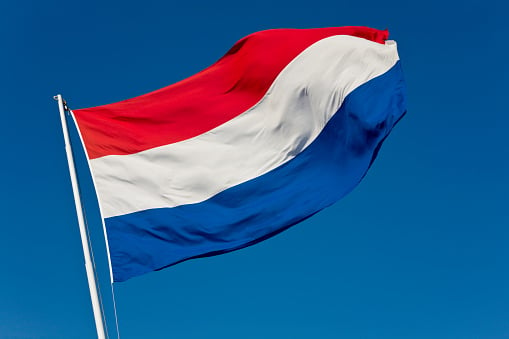European Union Council and the European Parliament on Tuesday reached a provisional agreement to ban the entry of products made with forced labour into the European single market.
The agreement clarifies the different responsibilities the EU Commission and the member states in identifying the companies exploiting forced workers and banning their products.
The deal intends to break these companies’ business model, Pierre-Yves Dermagne Belgium’s Economy and Labour Minister said in a statement.
“With this regulation we want to make sure that there is no place for their products on our single market, whether they are manufactured in Europe or abroad,” he said. Belgium currently holds the EU’s rotating presidency.
The bans would be enforced on goods made outside the EU by forced labour and on products manufactured in the EU with parts made abroad by forced labour.
The provisional agreement still needs to be formally approved by the European Parliament and the Council to be enforced.
That sounds nice on paper, but also difficult to enforce, no?
While the average smartphone wasn’t made by forced labour, what about the lithium in the battery? Or the cobalt?
I imagine if you traced a component of just about any product back to its raw materials, you’re bound to find either forced or vastly underpaid people.
But hey, at least they’re TRYING to do something positive.
It inlcudes components. So most likely companies will write it in their contracts and then will be able to sue parts providers, when they fail to not include forced labour. Thats how you break something like this.
You’d expect at least very large corporations like Apple, Microsoft, Tesla etc to be very aware of every step in manufacturing their products.
Tesla cant even make a car that doesn’t have the bumpers fall off in the rain. Boeing has shown us that karge companies don’t care ehat is going on behind the scenes so long as they can show shareholders reduced costs.
So iphones? ( Foxconn suicide nets come to mind)
If you want a raise, you got to jump. Foxconn
Painfully true slogan.
That… wasn’t a rule before…?
Not sure but IMO the key point is nearly reached with this:
The agreement clarifies the different responsibilities the EU Commission and the member states in identifying the companies exploiting forced workers and banning their products.
The biggest problem is transparency. You ask a chocolate maker about forced child labor in their supply chain, and they simply deny it. You ask who their supplier is and they remain silent. NGOs and journalists always have an uphill battle in just working out who is in the supply chain. But highly motivated investigative journalists will go to the Ivory coast, find the child slaves, and then somehow trace it upwards from there. Hopefully this law forces disclosures of the supply chain. Once the supply chain is public it’s probably trivial from there. But note they deliberately make the supply chain a lengthy change of many hands in order to thwart detection.
The article is somewhat useless in neglecting to say anything about supply chain transparency.
… in neglecting to say anything about supply chain transparency.
Yes, this is the big issue here, and with Germany and Italy as the major drivers to prevent transparency rules at the EU level, I am moderately enthusiastic for the near future if I may say so. It’s an important step in the right direction, though.
@gravitas_deficiency as it is already said, the new rules refer to forced labor in companies outside Europe such as China and other countries. The intention is that EU companies can be held accountable for human rights violations committed by their suppliers outside the EU.
I bet Nestlé foods remain on the shelves. And if that happens, I will consider this ban merely symbolic.
Guess Hershey makes no difference because Europeans probably already reject them on the basis of quality.
Sad FDP noise.
Wage slavery is forced
Hey now, only to reason, not to liberals and further right.
deleted by creator
Slavers: “these shackles? They are the work uniform. Nothing to see here”
With the laws on supply chains failing, companies can feighn ignorance.
deleted by creator
I’m curious if this wil have any impact on chocolate slavery
Isn’t all labor forced?






